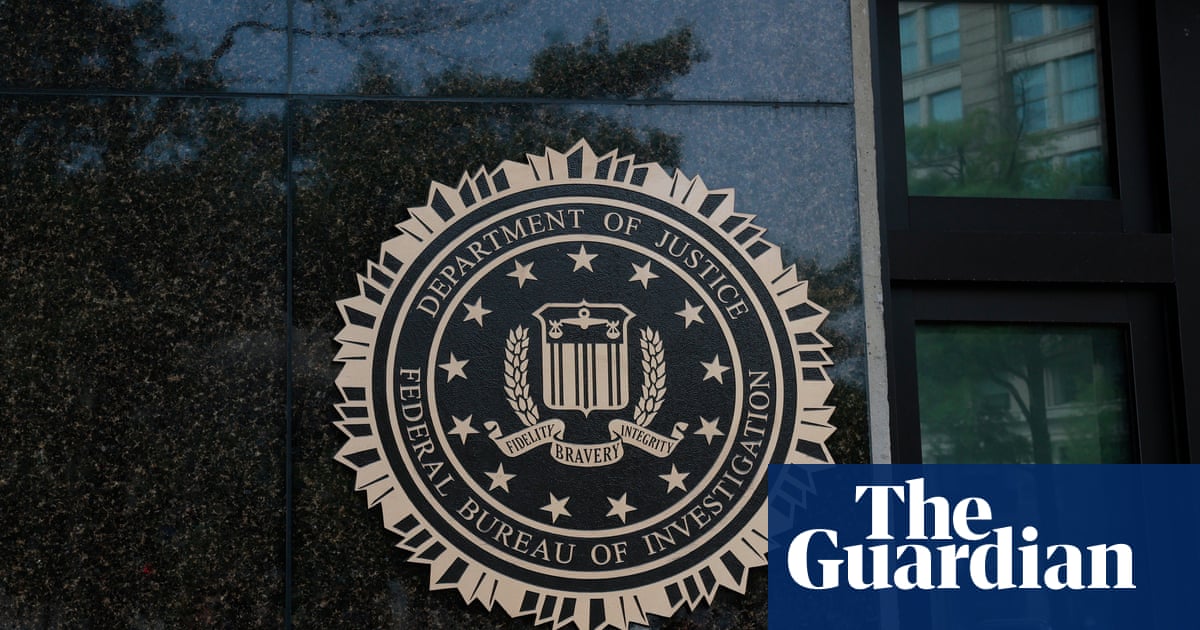A British Businessman Indicted for Military Technology Trafficking and Intimidation
In a shocking development, U.S. authorities have charged John Miller, a 63-year-old businessman from Tunbridge Wells, Kent, with serious offenses involving the trafficking of sensitive American military technology to China and conspiracies aimed at silencing a critic of Chinese President Xi Jinping. His arrest in Serbia has paved the way for potential extradition to the United States, where he faces numerous legal challenges.
The Charges Against John Miller and Cui Guanghai
Miller, along with a Chinese associate named Cui Guanghai, has been indicted on several counts including conspiracy to commit interstate stalking, conspiracy to smuggle, and violations of the Arms Control Act. These serious charges have emerged from detailed investigations by the FBI that revealed a broader scheme to unlawfully export defense materials from the U.S. to China.
Allegations of Technology Smuggling
Central to the indictment are accusations that Miller and Cui had discussions about smuggling advanced encryption technology out of the United States. U.S. court documents elaborate that they allegedly paid a $10,000 deposit for a cryptographic device through a courier, signaling their intent to bypass the legal restrictions surrounding the export of sensitive military technology. The conspiracy reportedly involved plans to acquire a range of U.S. defense articles, including missiles, air defense radar systems, drones, and cryptographic devices.
Creative Smuggling Tactics
The alleged plot also included unconventional methods for transporting sensitive technology. Court filings detail discussions about concealing encryption technology within everyday items like small electronics, a blender, and even a motor starter. Such tactics highlight the lengths to which the defendants were willing to go in order to circumvent U.S. export regulations.
Targeting a Critic of the Chinese Government
In a particularly disturbing aspect of this case, Miller and Cui are accused of orchestrating a campaign to intimidate an American citizen who had publicly criticized President Xi Jinping. As the Asia Pacific Economic Co-operation (Apec) summit approached, the duo supposedly plotted to surveil the individual, install a tracking device on their vehicle, and even sabotage their car by slashing its tires.
This tactic of intimidation allegedly aimed to prevent the critic from protesting Xi’s attendance at the upcoming summit, demonstrating an alarming willingness to infringe on free speech rights in a foreign country.
Artistic Protest and Alleged Vandalism
The critic had prepared to unveil artistic representations of Xi Jinping and his wife, which he intended to broadcast through an online platform. In an effort to preemptively stymie this display, Miller and Cui reportedly funded a campaign of harassment, paying nearly $36,500 to individuals who were, unbeknownst to the defendants, collaborating with the FBI. Their plan included vandalizing the artistic statutes created by the victim, revealing a deeply-rooted intent to suppress dissent.
Government Response
U.S. officials have expressed grave concerns over these allegations. Deputy Attorney General Todd Blanche described the offenses as "a blatant assault on both our national security and our democratic values." Meanwhile, FBI Deputy Director Dan Bongino emphasized that the indictment reflects a proactive approach to safeguarding First Amendment rights, condemning the defendants’ attempts to intimidate an individual exercising free speech in the U.S.
Legal Consequences and Extradition
Miller and Cui face substantial penalties if convicted. The charges could lead to significant prison time: a maximum of five years for conspiracy, five years for stalking, twenty years for violations of the Arms Export Control Act, and ten years for smuggling. The U.S. Department of Justice is coordinating closely with Serbian authorities regarding their extradition process to ensure they face justice in American courts.
Next Steps in the Case
As this high-profile case develops, the implications range beyond the individuals involved, highlighting broader issues of national security, international relations, and the protection of civil liberties in the face of foreign pressures. The ongoing dialogue around such matters will likely shape discussions in both diplomatic arenas and security communities as they strive to address the growing prevalence of technology-related espionage and intimidation.


